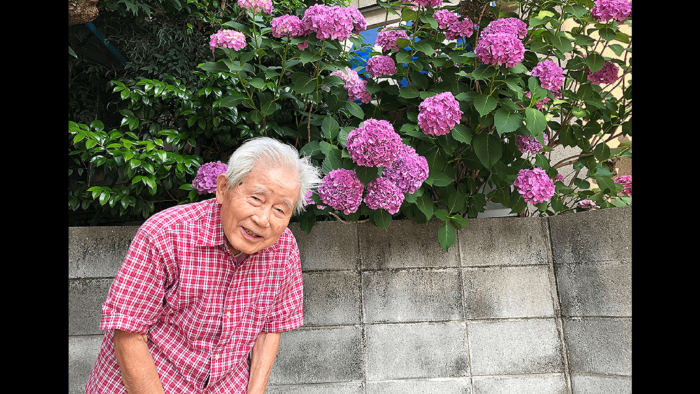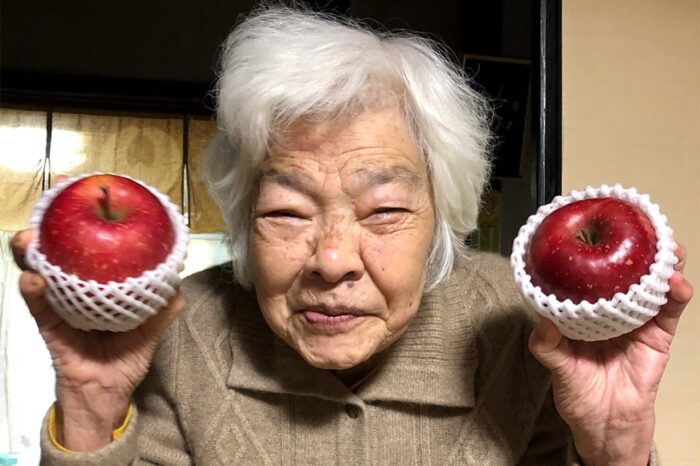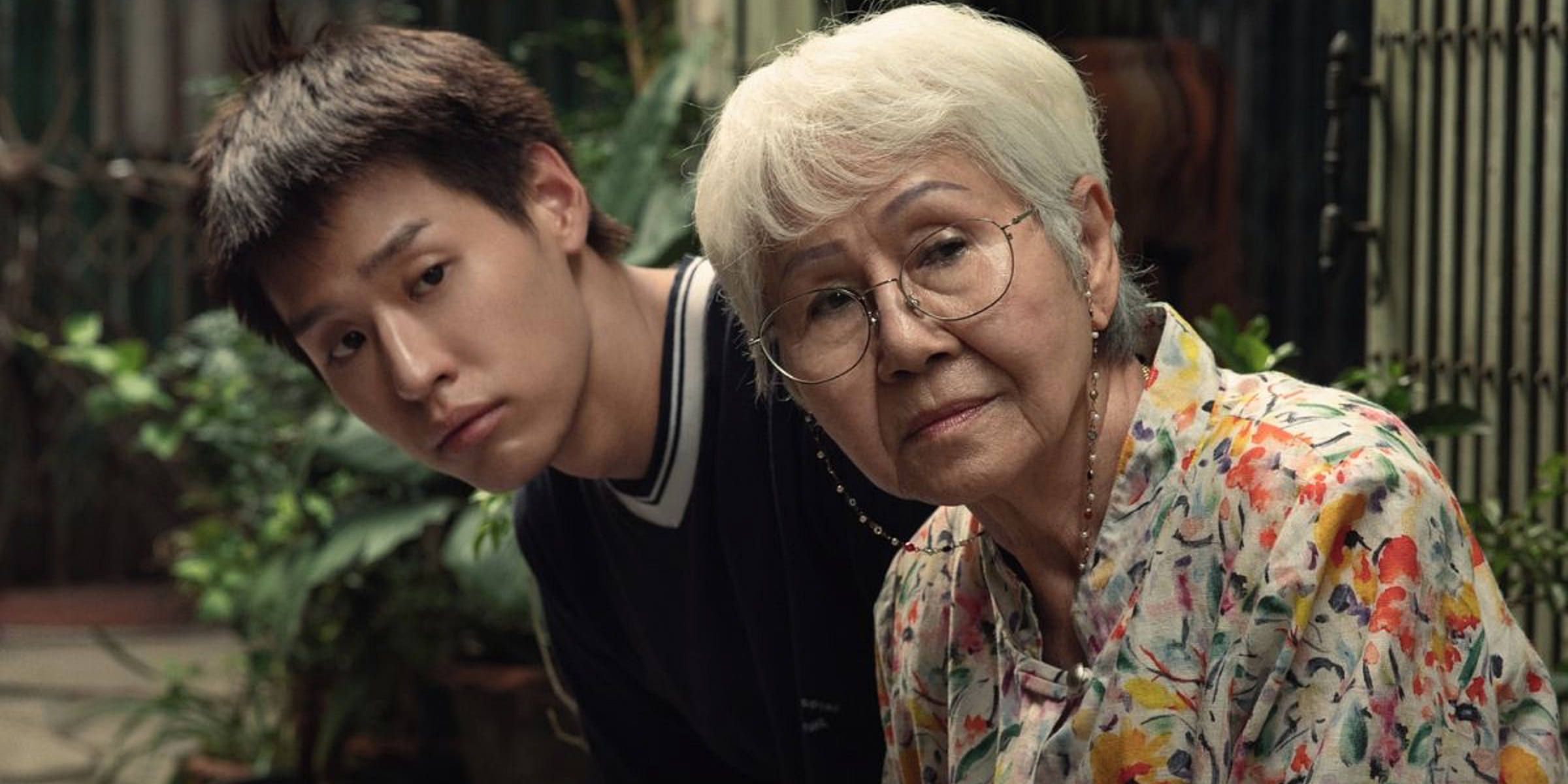Before anything else, let me just remind you that two Japanese series—”Downtown Rocket” and “Rikuoh”—are available online for free in the Japan Film Festival website. You have until tomorrow, July 3, to watch all episodes. “I Go GaGa: Welcome Home, Mom” (ぼけますから、よろしくお願いします。~おかえりお母さん~) was part of the lineup—the only documentary—that Filipinos could watch for free during the Japanese Film Festival Online 2024. It was available to watch for free from June 5 to June 19, 2024.

In this film, director Naoko Nobutomo documents her mother Fumiko’s journey through Alzheimer’s disease, highlighting her father Yoshinori’s unwavering patience and support throughout the ordeal.
The Nobutomos reside in Kure, Hiroshima, 806 kilometers away from Naoko’s workplace in Tokyo, where she directs television documentaries. As their only child and a cancer survivor, Naoko is cherished by her parents, who are proud of her accomplishments in the industry. During a visit home one year, Naoko notices something unusual about her mother. Her father confirms that Fumiko has been increasingly forgetful. On one occasion, she even forgot she had already bought apples, resulting in their kitchen overflowing with them.
Fumiko used to be the one who made visits to the market and was beloved by her community for her kindness. When she was diagnosed with Alzheimer’s, her husband Yoshinori took over all the household chores, including laundry, grocery shopping, and cooking, all without complaint. Fumiko sometimes woke up feeling confused and distressed. At one point in the documentary, she woke up crying and asked for a knife, expressing a desire to kill herself. “I don’t want to be a burden,” she shouted, adding, “Stop filming!”

Through it all, 90-plus-year-old Yoshinori remained a loving husband to Fumiko, who was in her mid-80s. When she was hospitalized after collapsing one day, he visited her daily, making the two-hour round trip (one hour each way) with the help of his rollator.
Fumiko, despite her condition, revealed something profound about parenthood. At one point in the film, she told Naoko, “I’m sorry, I can’t do anything for you.” Even as she battled Alzheimer’s and was bedridden due to an accident, she was still thinking about how she could help her daughter.

Before Fumiko’s hospitalization, a heartwarming conversation took place between the couple. Yoshinori and Fumiko promised each other that they would stay strong, saying, “It would be sad if one of us goes.” Yoshinori held onto this promise and did everything he could to stay healthy for his ailing wife. The documentary shows him visiting the gym inside the hospital to build his strength. When he discovered a lump near his groin, he did not hesitate to undergo surgery, not for himself, but so he could be stronger for Fumiko. Truly, life finds its meaning when you have someone to live for.
This film goes beyond showcasing the love of devoted parents; it conveys a deeper message about the impermanence of our parents’ presence in our lives. Although Yoshinori lived into his 100s, he, too, was nearing the end of his journey. The film reminds us to visit our parents as often as possible, even if it means traveling 806 kilometers frequently. Our time with them is limited, and we should cherish every moment we have together.






